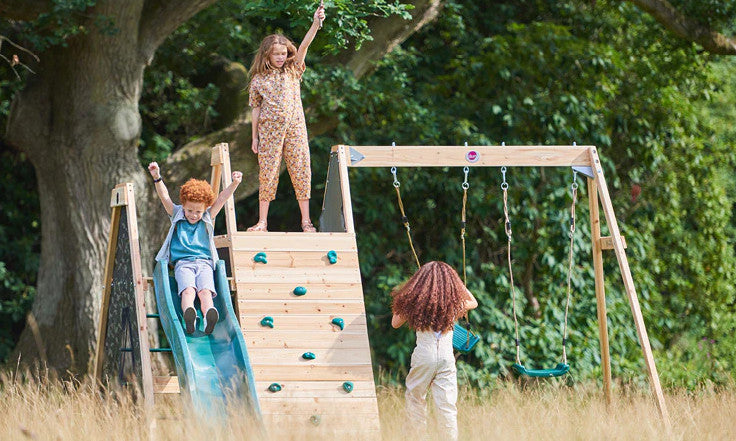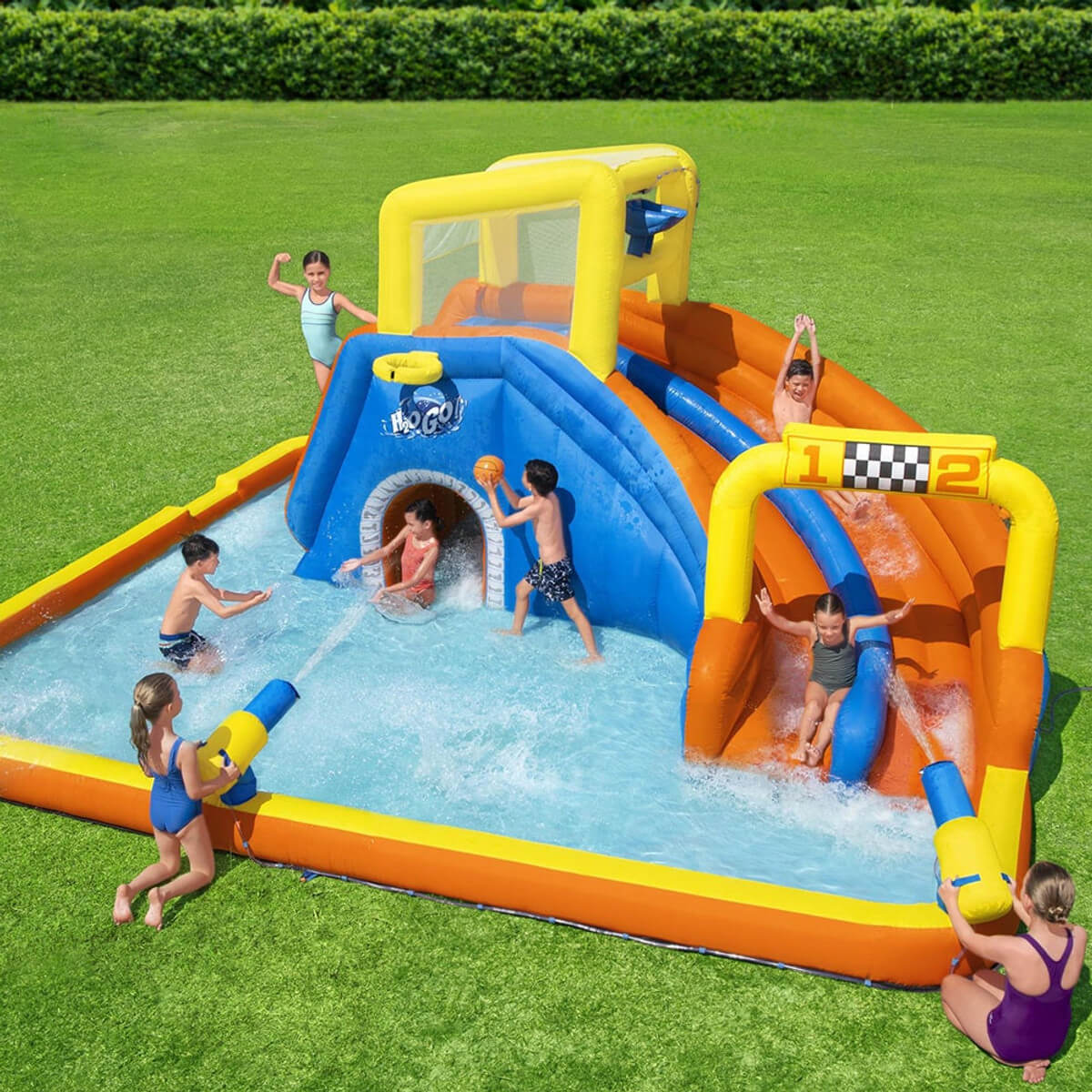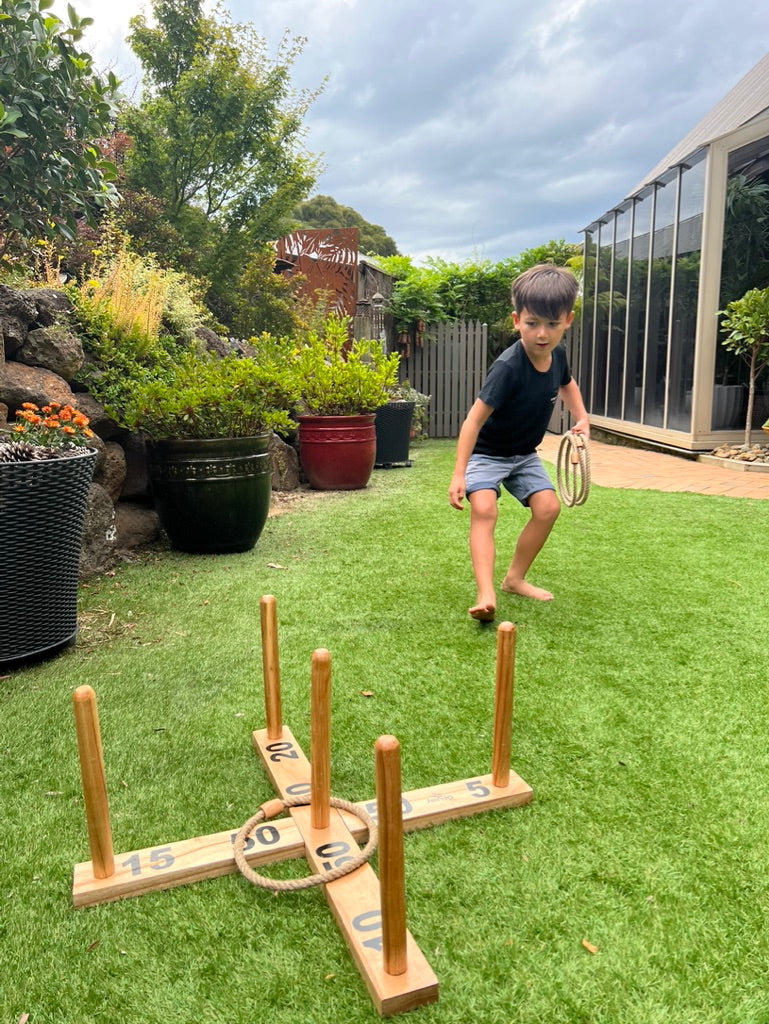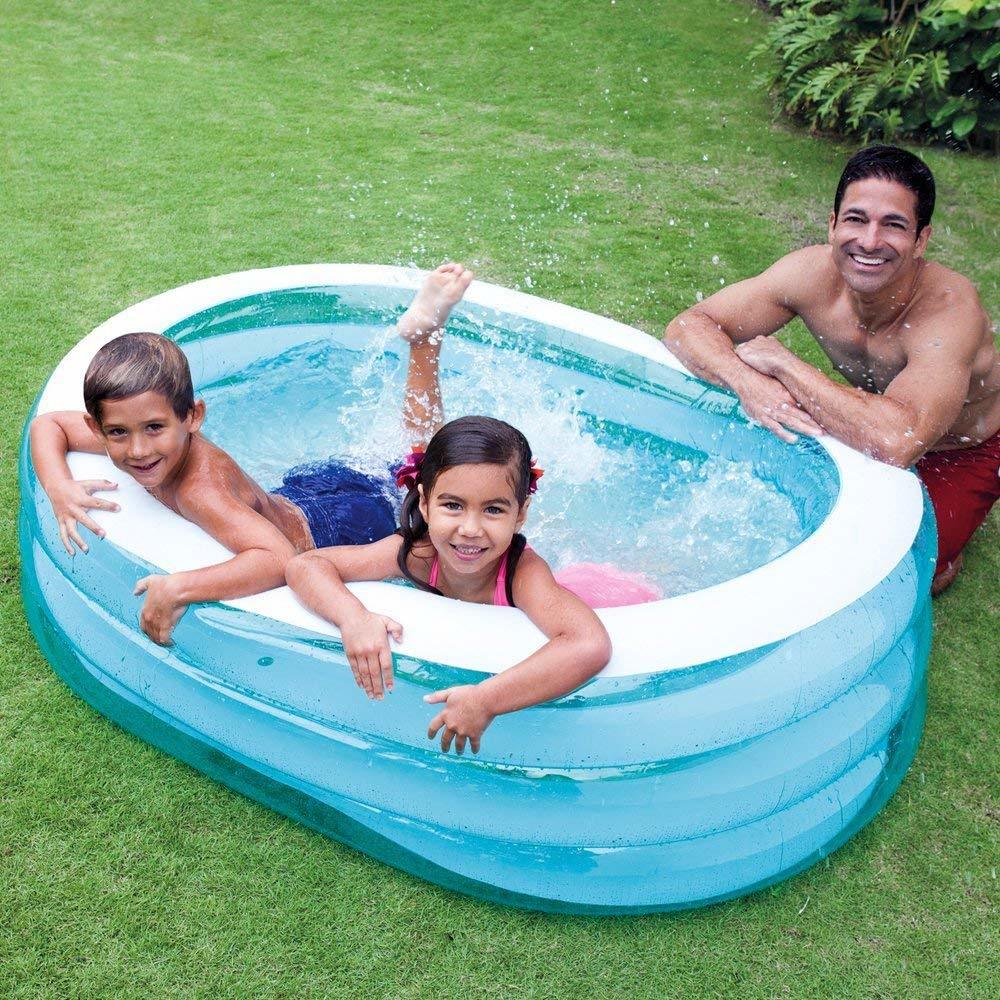Outdoor & Nature-Based Play to Support Child Wellbeing: Resource Guide

Last Update: June 2025
Supporting the wellbeing of Australian children involves more than just good nutrition and education. It is about creating environments that nurture the whole child. Among the most effective, evidence-based ways to support child development is through outdoor and nature-based play especially in the early and middle years of childhood.
This guide brings together research, expert insights, and practical resources to highlight the benefits of outdoor play, the risks of limited time outside, and where Australian families can find trusted information and ideas to encourage nature-based experiences at home and in the community.
New Nature Play Activities, Games & Resources in Development
We’ll continue to update this guide as new research and resources become available — and our team is currently developing a range of fun, nature-based activities and games for families to enjoy together.
The Benefits of Outdoor Play to Support Child Wellbeing

Outdoor play isn’t just enjoyable, it is foundational to a child’s growth across multiple areas:
Physical Health
Promotes gross motor skill development, strength, balance, and coordination.
Children need a variety of physical experiences to develop fundamental movement skills. Outdoor play supports this in a way indoor environments often cannot.
- Raising Children Network
Encourages active lifestyles, helping to prevent obesity and related health conditions
Only 1 in 3 children aged 5–12 meet daily physical activity guidelines. Active outdoor play is a natural and enjoyable way to move more.
- Australian Institute of Health and Welfare (AIHW)
Supports better sleep and general fitness
Outdoor time contributes to improved sleep, mood regulation, and overall health.
- Better Health Channel, Victoria State Government
Mental & Emotional Wellbeing
Exposure to green spaces is linked with reduced stress, anxiety, and behavioural issues (Science Direct - Exploring the role of exposure to green and blue spaces in preventing anxiety and depression among young people aged 14–24 years living in urban settings)
Nature-based play builds resilience, emotional regulation, and creativity (Australian Institute of Family Studies)
Children who play outdoors regularly report higher overall life satisfaction.

Cognitive & Social Development
Unstructured outdoor environments stimulate problem-solving and imaginative play.
Encourages cooperation, negotiation, and social learning with peers.
Helps children manage risks, develop confidence, and build independence.
Risks of Too Much Screen Time and Too Little Outdoor Play
While digital tools have their place, high screen use especially when replacing active play is associated with a range of developmental and health issues:
Only 1 in 3 Australian children meet recommended daily physical activity levels (report by Australian Institute of Health & Welfare)
Excessive screen time is linked to increased emotional difficulties, reduced attention spans, poorer sleep, and lower levels of self-regulation.
A 2022 poll by the Royal Children’s Hospital found that 94% of Australian parents were concerned about the amount of time their children spent on screens.
Reduced exposure to nature has been associated with higher rates of anxiety and depression in later life (Nature Journal, American Psychological Association (APA), University of California)
These concerns highlight the importance of creating daily opportunities for outdoor, physical, and imaginative play, especially in early childhood.
Practical Ways to Encourage Outdoor & Nature-Based Play

Nature play doesn’t require special equipment or rural settings. It’s about creating space for children to explore, experiment and imagine in the natural world around them.
Simple ways to foster outdoor play:
-
Create a mud kitchen, water play table, or sandpit in the backyard.
-
Take regular nature walks and encourage children to observe, collect, and ask questions.
-
Build wooden playgrounds, cubby houses, climbing frames, or use natural materials for open-ended construction.
-
Set up an outdoor reading nook or art station to bring creativity outside.
-
Allow time for free, unstructured play where children lead the experience.
By weaving play into everyday outdoor spaces, even small courtyards or balconies, families can support wellbeing and development in meaningful, lasting ways.
Recommended Resources & Expert Organisations

Australian Guidelines and Research
-
Australian 24-Hour Movement Guidelines (Children 5–17 Years) – Department of Health
-
Active Healthy Kids Australia – Physical Activity Report Card
-
Royal Children’s Hospital – National Child Health Poll – Insights into screen time, activity and mental health trends
Nature Play & Outdoor Learning Organisations
-
Nature Play Australia – Nature play programs, research and activity guides /seasonal resources
-
Play Australia – Resources for schools, councils, and families
-
Bush Kinder Australia – Advocating for nature-based early learning programs
-
Kidsafe Australia – Outdoor play safety resources for families and schools
Activity Ideas & Inspiration
-
Raising Children Network – Play & Learning – Trusted parenting resources, backed by Australian experts
-
Wild Imagination Nature Activity Cards – Creative prompts to use in nature-based play
-
The Best Backyard – Outdoor Play Equipment Collection: swing sets, monkey bars, water tables, sand play, mud kitchens and more
Our Ongoing Mission: Promoting Outdoor Wellbeing for Australian Children
This guide continues the vision of the former Australian Child Wellbeing project by bringing together high-quality, actionable information to support healthy childhoods. Now part of The Best Backyard, we’re proud to continue championing outdoor play and wellbeing by helping families create outdoor spaces that inspire joy, movement, and connection.
Whether you're a parent, carer, educator, or health professional we hope this guide serves as a valuable reference in promoting outdoor play and child wellbeing across Australia.













